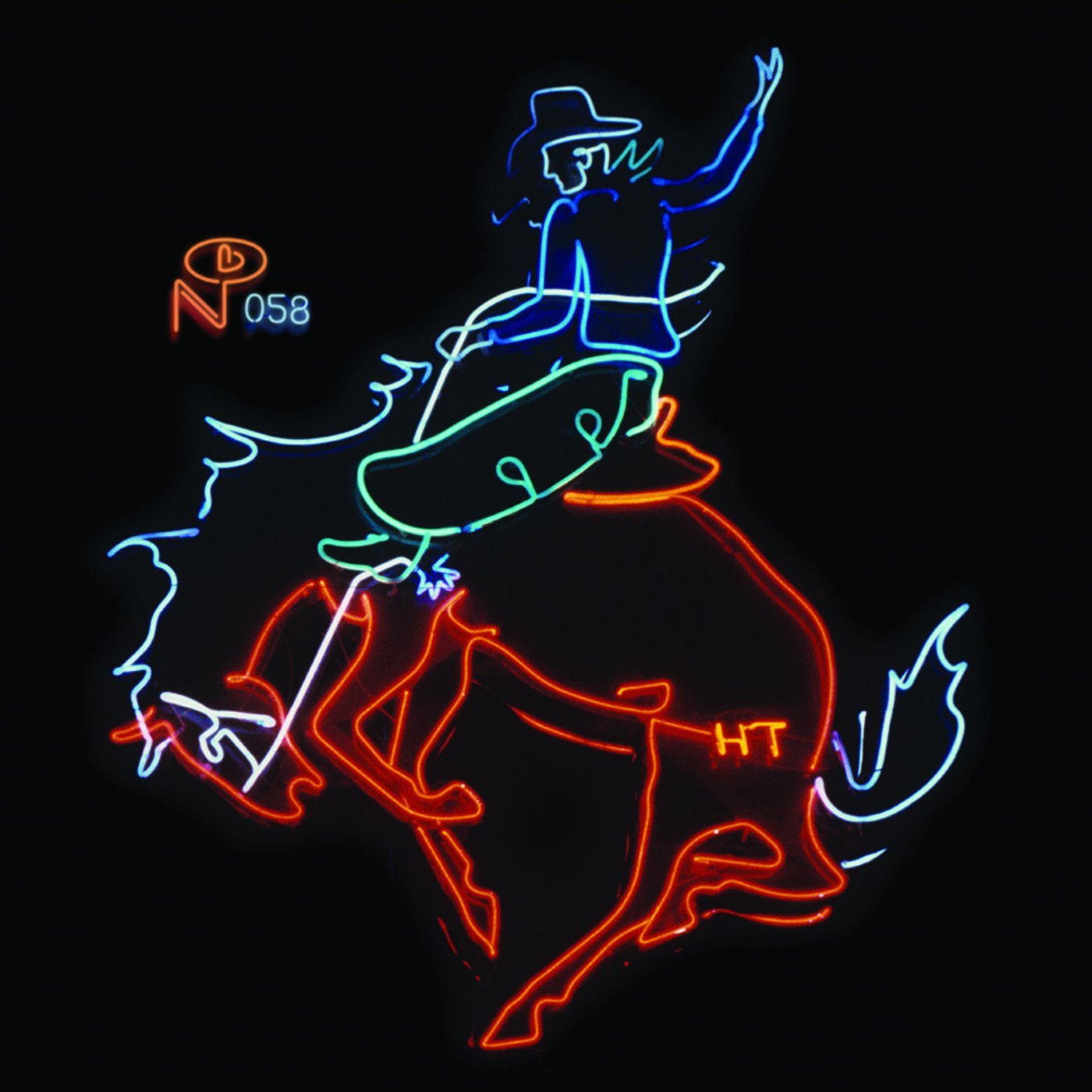“It’s basically a Southern soul group playing country and gospel-oriented music on a steel guitar” said Gram Parsons, when asked about his group The Flying Burrito Brothers. Cosmic American music can be summed up mostly in that description: Americana, finding a way to eschew rock in favour of a roots-driven sound. Wayfaring Strangers: Cosmic American Music is a compilation of curios and collectables, sourced from the deepest recesses of forgotten records, a mix of private pressings and clearance shelves. It’s a compilation based strongly on a particular tradition, almost alien in the way it refuses to concede to outside influences.
At nineteen tracks, and over an hour long, Wayfaring Strangers can feel like a commitment. The unity of its theme is what holds it together, but also its biggest weakness, in that it offers few surprises. Tempos fluctuate, and vocalists with distinctive timbres appear, but it’s straight Southern psychedelic country from start to finish, and the lack of variation can mean that in one sitting, Wayfaring Strangers can feel both ambitious in length and lazy in content.
But any compilation – especially one with such a strong overarching theme – falls victim to such complaints. Approached as a selection ripe for cherry-picking, Wayfaring Strangers makes greater sense. Only one track, the eight minute epic ‘Buffalo Skinners’ credited to Bill Madison, is a complete dud. There’s plenty of highlights, such as the desolate shimmer of Mike And Pam Martin’s ‘Lonely Entertainer’, the Judee Sill-like Mistress Mary ballad ‘And I Didn’t Want You’ and the singalong misery of Jeff Cowell’s ‘Not Down This Low.’ Best of all is F.J McMahon’s ‘The Spirit Of The Golden Juice’, a mix of earthy guitar tones and whisky-soaked vocals of rumination and nostalgia.
So why did the music on this compilation struggle to achieve success – commercial or critical – in its own lifetime? It’s hard to claim any reason in particular, especially across such a wide range of material, but one might be that it’s simply tough listening. Country music has always fulfilled its own stereotypes of misery and heartbreak – what is a genre, if not convention? – but Wayfaring Strangers can feel draining. Even the up-tempo tracks are imbued with a sense of regret and melancholy.
Country music as a contemporary genre is undergoing an identity crisis. Taylor Swift is arguably the biggest star in the world but she’s shed her country roots for a pop sound, and a quick investigation of the modern Nashville scene suggests a rash of followers eager to grow into the crossover mould, while big singles like Maddie & Tae’s ‘Girl In A Country Song’ show a side of an industry that’s struggling to adapt in modern times. Retro purism is not a de facto good approach to any genre, but Wayfaring Strangers shows how early country and roots music can be powerful and affecting. In digging up these lost pleasures, Wayfaring Strangers indicates that a look back to the past might just be a great step forward.




